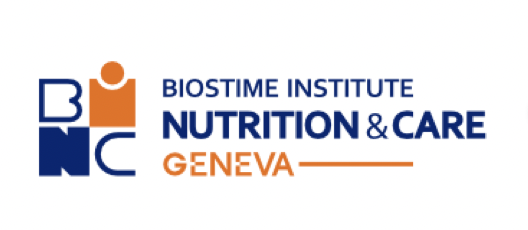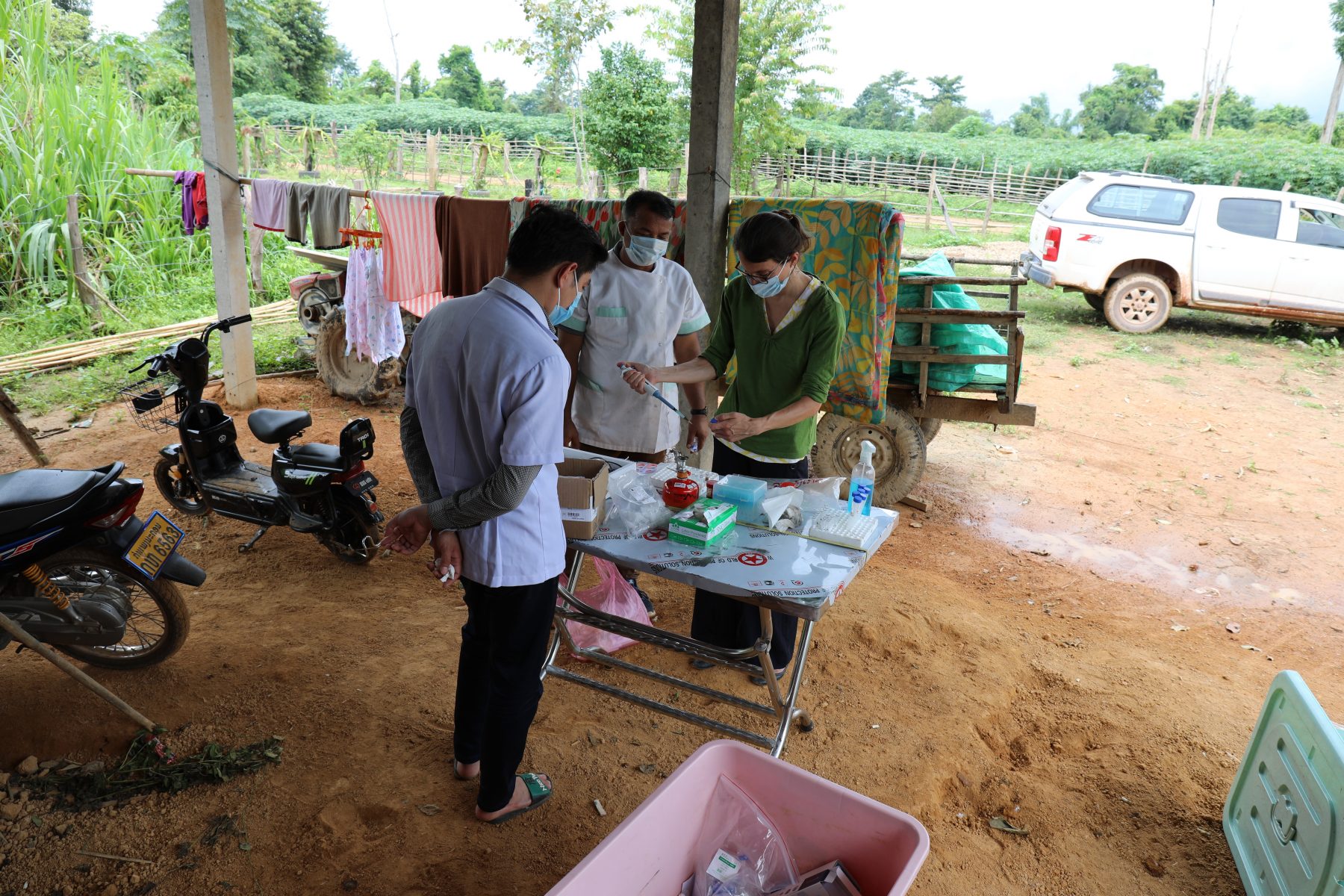Early life under- and overnutrition (jointly termed malnutrition) is increasingly recognized as an important risk factor for adult obesity and metabolic syndrome. Obesity is of major concern in low- and middle-income countries, where under- and overnutrition may co-exist within an individual either concomitantly or at different stages in life (“double burden of malnutrition”). A growing body of evidence has highlighted the central role of the intestinal microbiota for understanding physiological responses to nutritional intake.
In this project, we investigate the pathophysiological mechanisms linking early life malnutrition to metabolic disease in later life. We have the unique opportunity to explore these questions in a newly established multi-generational birth cohort in Lao People’s Democratic Republic and deepen the analysis of the underlying causal relationships in animal models. In the frame of this project, we set-up a prospective birth cohort with 300 mother-infant pairs embedded within the Laotian multi-generation cohort Viterbi, which is steered jointly between the Lao TPHI and Swiss TPH. Using next generation sequencing and measurements of metabolic health, we will assess these children for conserved metabolic, epigenetic and microbial changes and will investigate possible associations within this triad.
While human studies are essential to determine relevant associations, only an experimental approach allows disentangling of the underlying causal relationships. We thus investigate in parallel the trajectory from early life malnutrition to obesity/metabolic syndrome using conventional animal models of early life malnutrition as well as germfree mice recolonized with human faecal samples. Further, using isolated bacterial taxa and consortia, cell culture assays and different techniques of molecular biology, we elucidate the molecular mechanisms underlying this microbiota-host crosstalk and investigate if and how these changes are sustained over time.
Publications related to the Viterbi Gut project
https://www.frontiersin.org/journals/nutrition/articles/10.3389/fnut.2023.1111478/full
Gallery
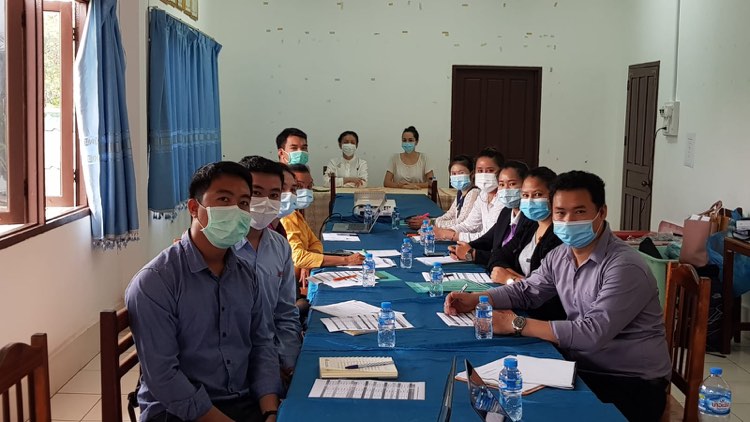
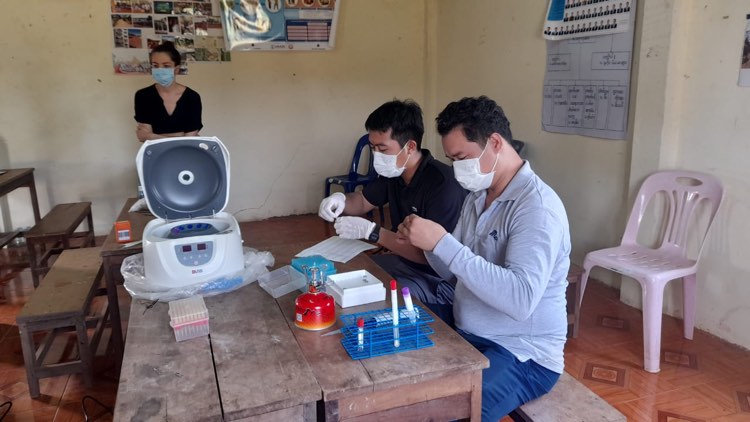
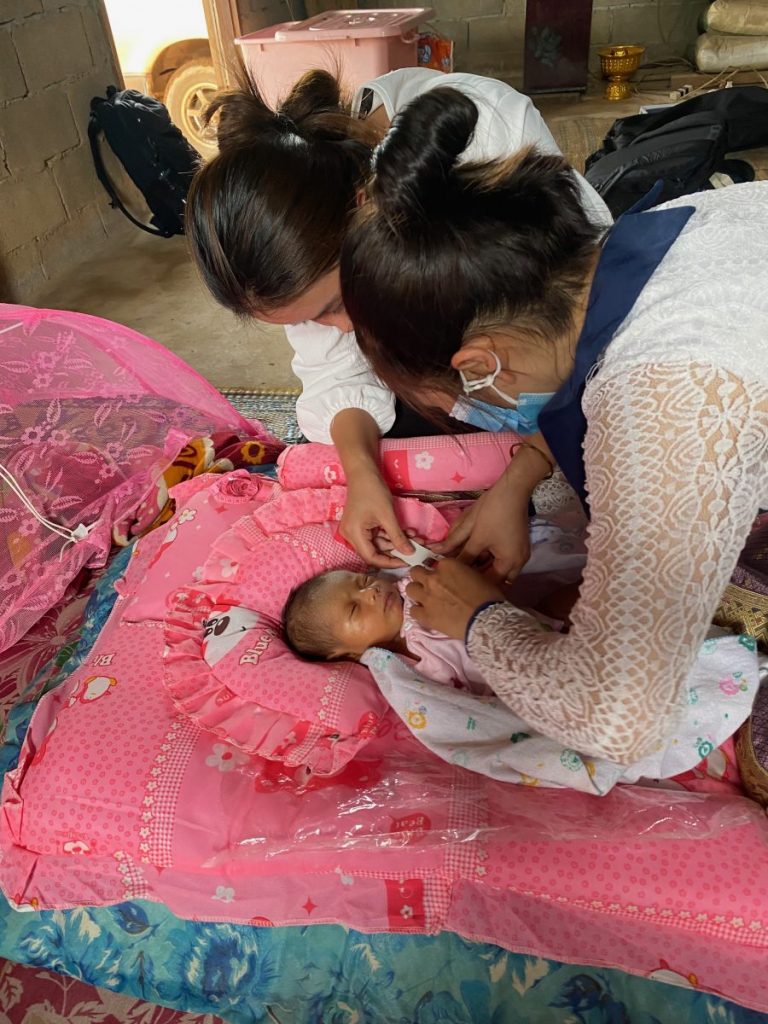
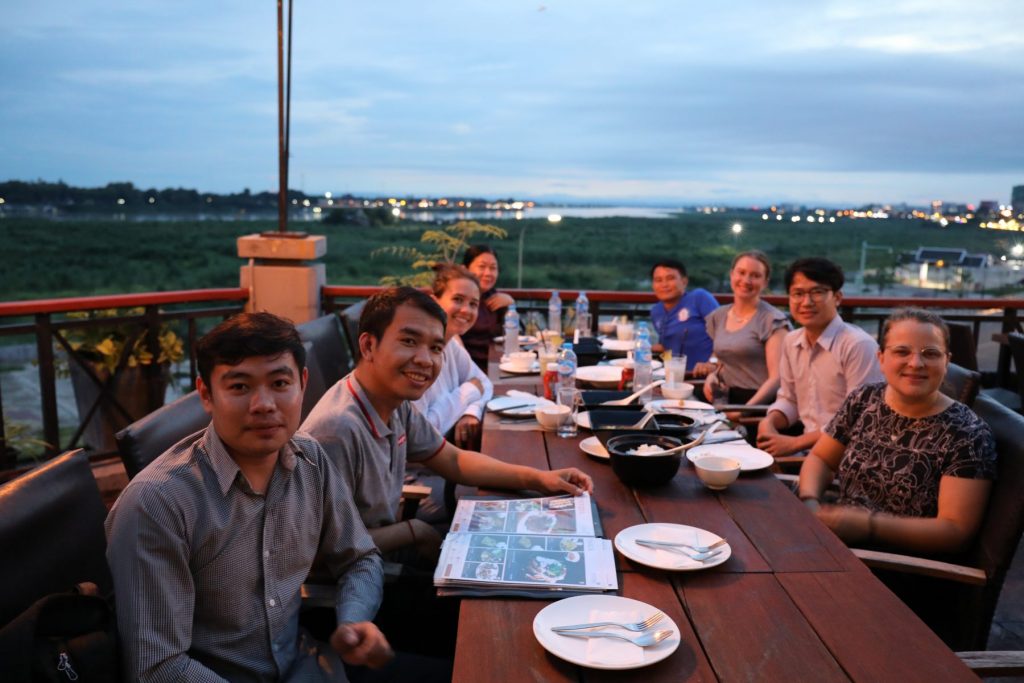
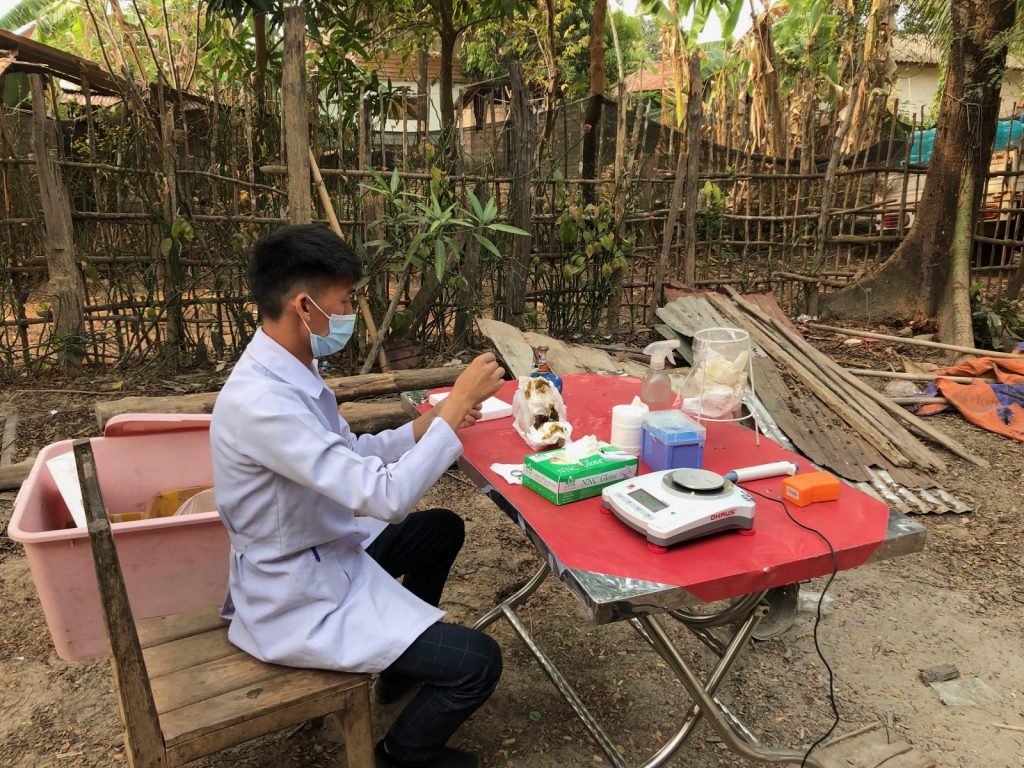
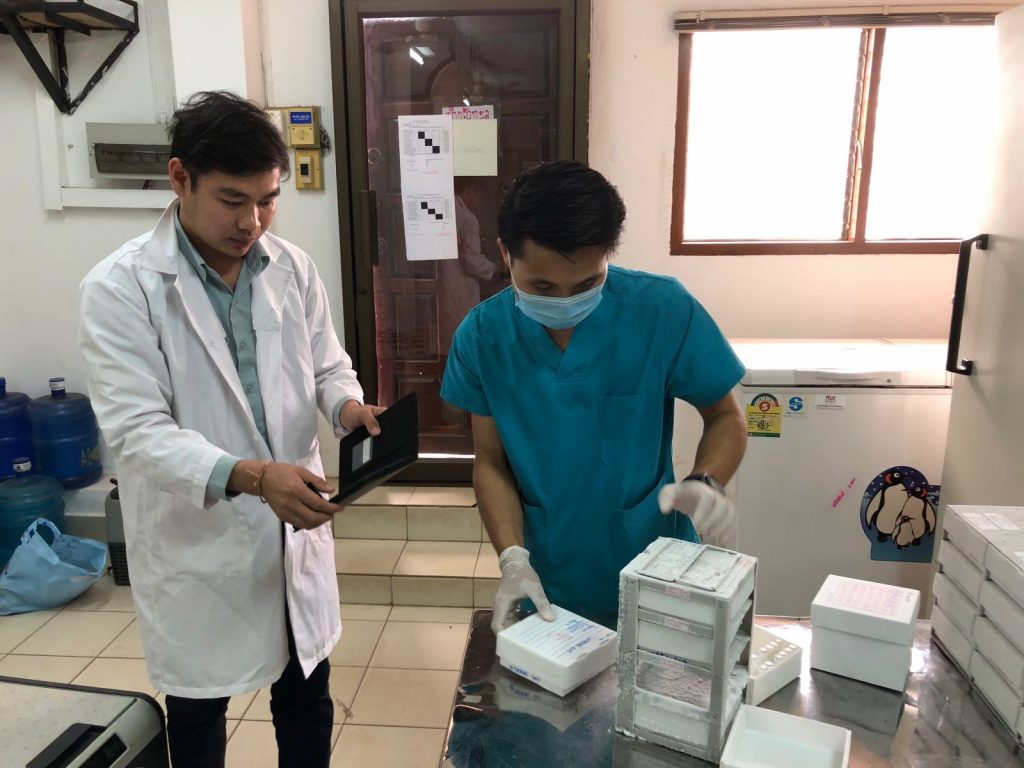
Funding


